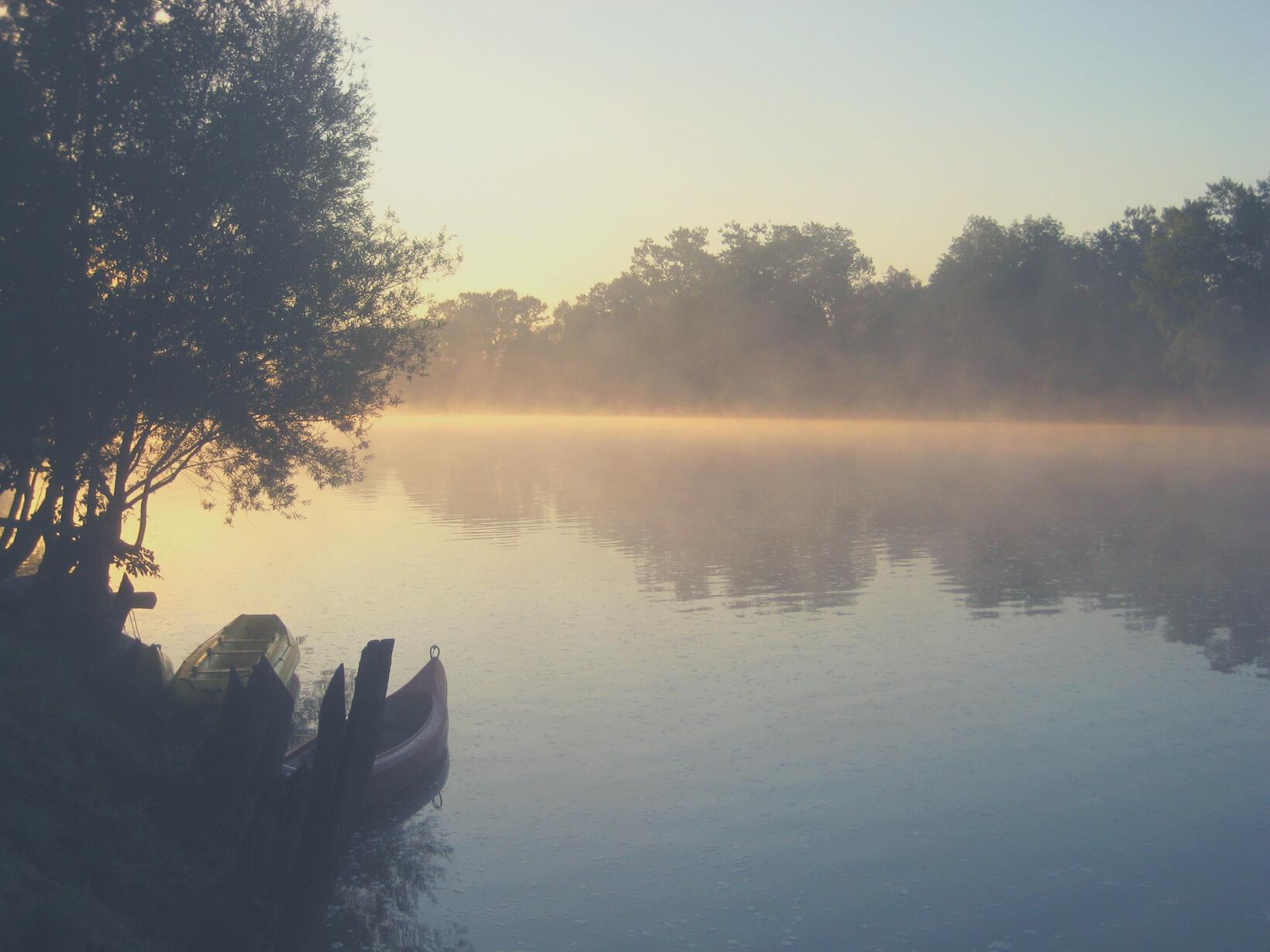






The Department of English and Philosophy at Auburn University at Montgomery prepares students for thoughtful engagement with diverse, multicultural communities and issues through highimpact, community-engaged teaching and learning and through advances in research in literature, rhetoric and composition, creative writing, professional and technical writing, digital humanities, and philosophy.
We are an interdisciplinary community that values and promotes the study of literature, rhetoric and composition, professional and technical writing, creative writing, digital humanities, and philosophy
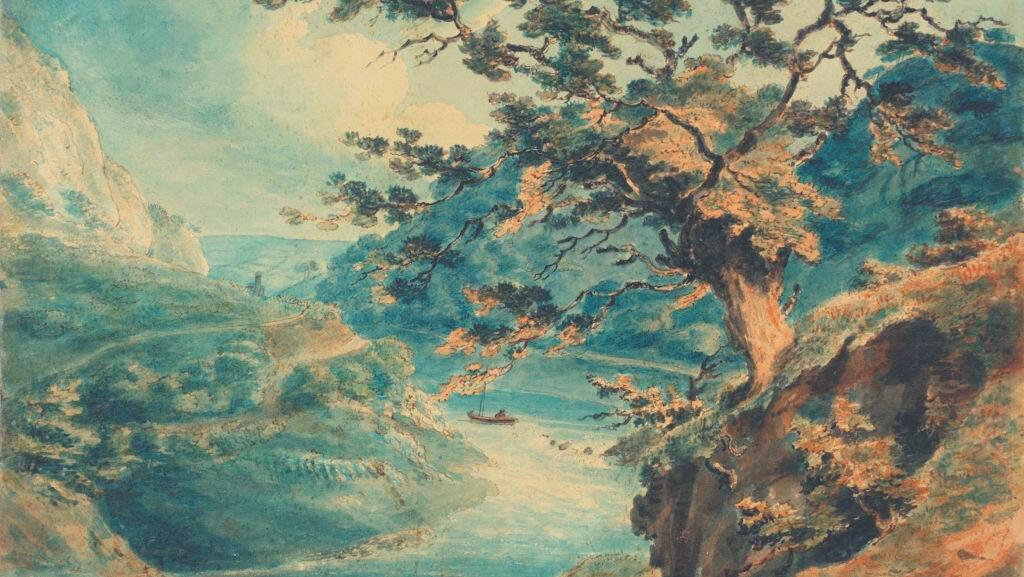
We offer an undergraduate major in English as well as four minors: Creative Writing, Language and Literature, Philosophy, and Writing and Editing. We also offer an undergraduate certificate in Professional and Technical Writing, with a distinctive focus on client-based projects with community and industry partners We are actively seeking to expand our initiatives in digital humanities and in creative writing.
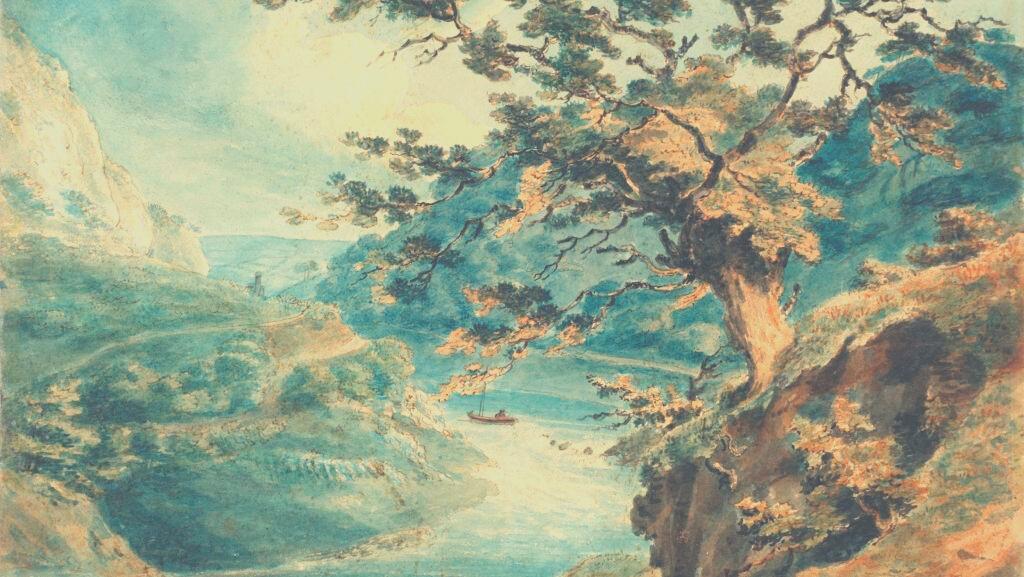
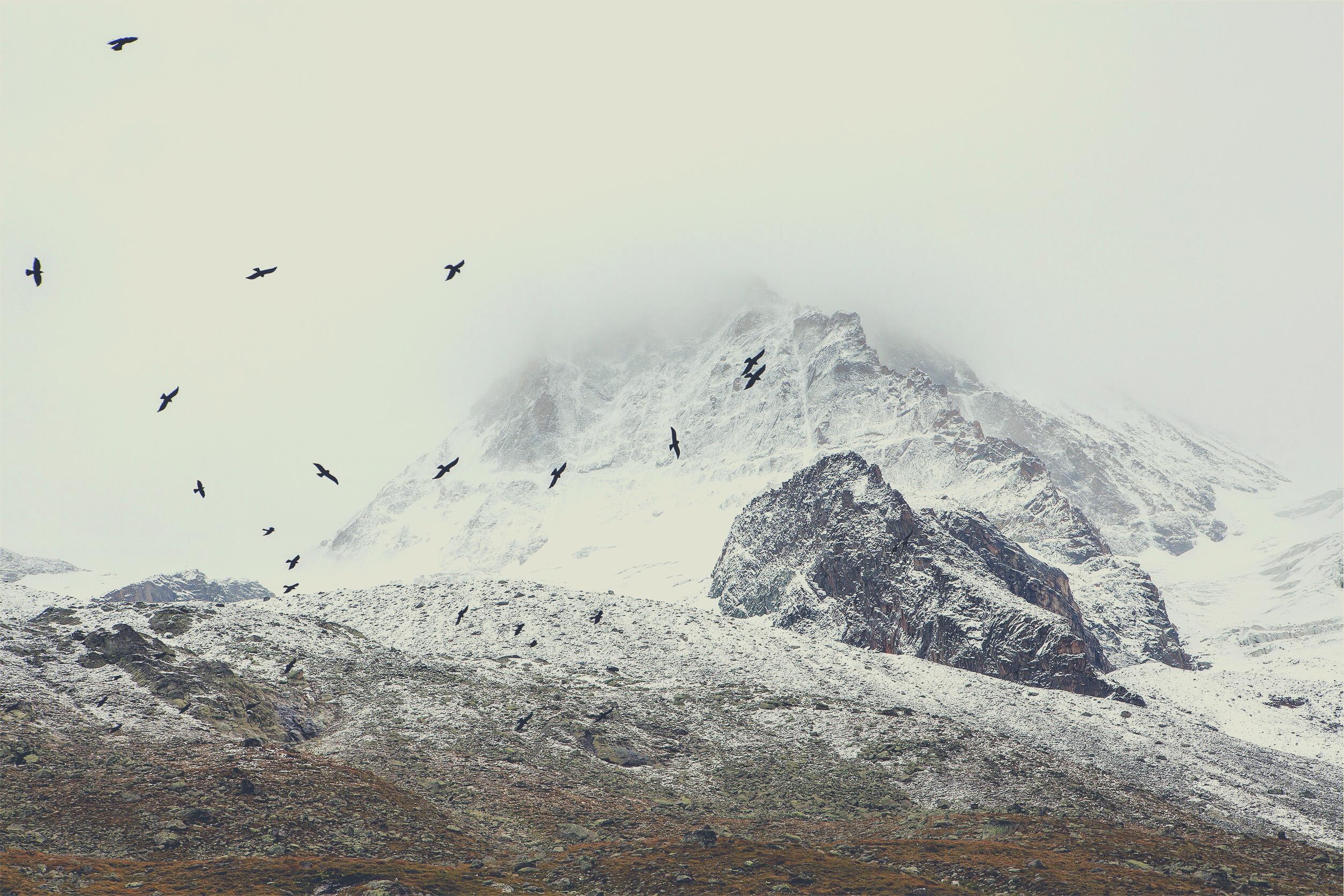
DR. SETH RENO
Welcome to the Anthropocene. Literally meaning the “The Age of Humans,” this is the proposed name for our current geological epoch, which began when human activities started to have a noticeable impact on Earth’s geology and ecosystems Nobel-prize-winning atmospheric chemist Paul Crutzen proposed the term “Anthropocene” in 2000, and it has quickly emerged as a vital paradigm in geology, the environmental sciences, the social sciences, and the humanities. In recent years, a new literary genre called “cli-fi” (climate fiction) has become quite popular, and this course considers cli-fi as part of a larger body of Anthropocene literatures from the eighteenth century to the present. So, in this course, we will think about the Anthropocene from a variety of perspectives, including environmental science, biology, history, art, and philosophy, all with a focus on how writers document this new geological epoch in literature.

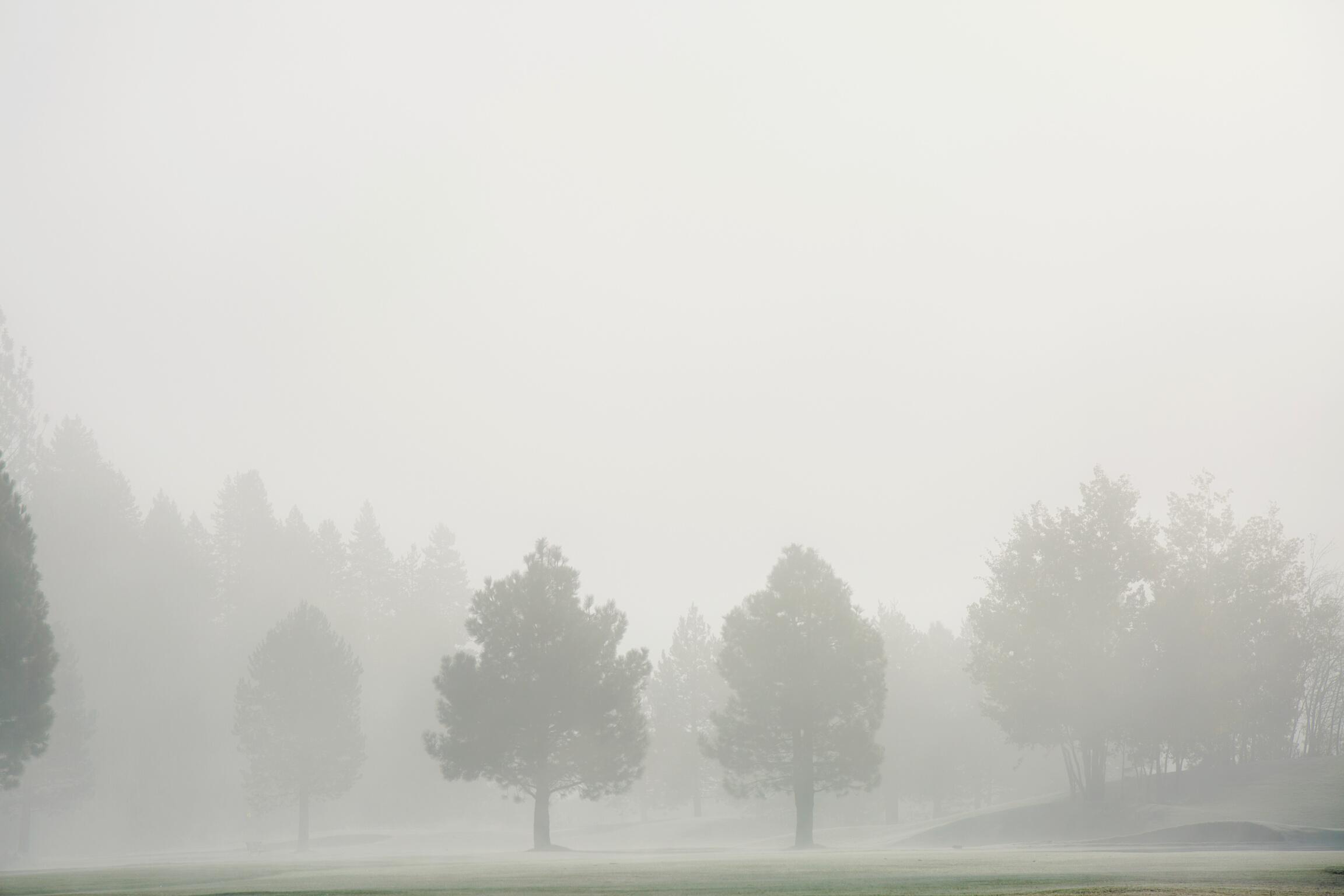

DR. DARREN HARRIS-FAIN
Contemporary British writer Neil Gaiman (b. 1960) is one of the most popular and critically acclaimed authors in fantastic fiction, and he has appeared on television shows such as Arthur, The Simpsons, and The Big Bang Theory. He has received the Hugo, Nebula, World Fantasy, Shirley Jackson, and Bram Stoker awards for his work in fantasy and horror, the Newbery and Carnegie medals for his work in fiction for children and young adults, and the Harvey and Eisner awards for his work in comics and graphic novels His prolific oeuvre encompasses comics and graphic novels, picture books for younger children and chapter books for older ones, dozens of short stories and essays, novels, and teleplays and screenplays. This seminar will focus on representative works by Gaiman focusing on the fantastic and often intersecting with the mythic: a volume from The Sandman, the novel Anansi Boys, two short stories (online), the speeches collected in Art Matters, the children’s novel Odd and the Frost Giants, and the picture book Instructions.

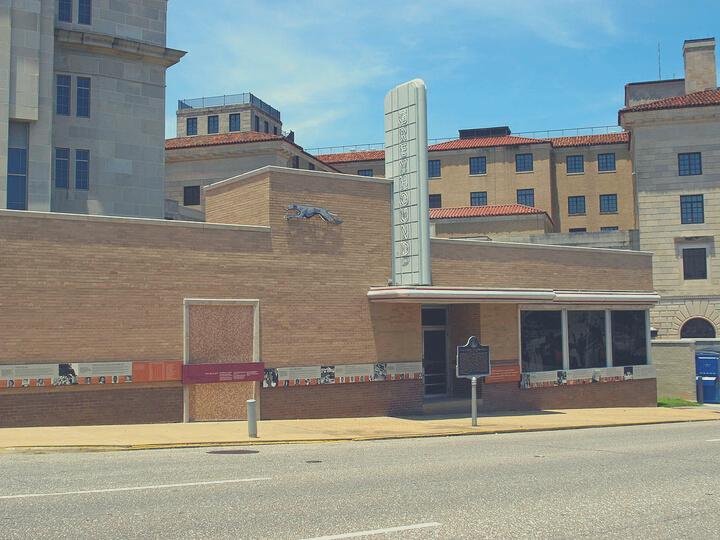

ENGL 1010: ENGLISH COMPOSITION I VARIOUS INSTRUCTORS
ENGL1010 is a first-year writing course focused on introducing students to the concepts and practices of rhetoric and composition. The course prepares students to compose texts in a variety of genres for various purposes, audiences, and contexts, including digital environments The course emphasizes analytical and critical skills: rhetorical analysis, critical thinking, argument, and reflection
ENGL 1011: WRITING STUDIO VARIOUS INSTRUCTORS
This is the Writing Studio extension of your English 1010 course. A writing studio is designed to provide guided practice and support as you learn, write, and revise Writing is hard work and takes time, especially when learning to write in new ways. In our writing studio, you’ll have time to deepen your understanding of and further develop the strategies introduced as part of your writing projects from 1010. Designed to be a workshop classroom where both conversation and writing happen, English 1011 will provide students with opportunities to engage with reading and writing strategies in conjunction with their ENGL 1010 course.
ENGL

Prerequisite: ENGL 1010, with minimum grade of C ENGL 1020 focuses on developing academic research writing skills that students will utilize in their academic and professional contexts. The course introduces students to the methods, strategies, and skills required to conduct an informed inquiry: critical reading, critical analysis, synthesis, constructing a researchbased argument, and reflection.
ENGL 2530: SURVEY OF ENGLISH LIT I VARIOUS INSTRUCTORS
Prerequisite: ENGL 1010/1020, with minimum grade of C
ENGL 2530 offers students an overview of British literature from the medieval period through the 18th century. Courses may be themed around specific subjects, but all course offerings are introductory courses in which students will learn the basics of literary terminology, close reading practices, broad knowledge of specific literary eras and historical and cultural contexts, and effective writing skills.
ENGL 2540: SURVEY OF ENGLISH LIT II VARIOUS INSTRUCTORS
Prerequisite: ENGL 1010, with minimum grade of C
ENGL 2540 offers students an overview of British literature from the Romantic period to the present. Courses may be themed around specific subjects, but all course offerings are introductory courses in which students will learn the basics of literary terminology, close reading practices, broad knowledge of specific literary eras and historical and cultural contexts, and effective writing skills.
ENGL 2570: SURVEY OF AMERICAN LIT I VARIOUS INSTRUCTORS
Prerequisite: ENGL 1010, with minimum grade of C
ENGL 2570 offers students an overview of American literature from its colonial beginnings to 1865. Courses may be themed around specific subjects, but all course offerings are introductory courses in which students will learn the basics of literary terminology, close reading practices, broad knowledge of specific literary eras and historical and cultural contexts, and effective writing skills
ENGL 2580: SURVEY OF AMERICAN LIT II VARIOUS INSTRUCTORS
Prerequisite: ENGL 1010, with minimum grade of C
ENGL 2580 offers students an overview of American literature from 1865 to the present. Courses may be themed around specific subjects, but all course offerings are introductory courses in which students will learn the basics of literary terminology, close reading practices, broad knowledge of specific literary eras and historical and cultural contexts, and effective writing skills
ENGL 2600: SURVEY OF WORLD LIT I
Prerequisite: ENGL 1010/1020, with minimum grade of C
ENGL 2600 offers students a study of world literature from multiple continents and especially from non-Western literatures from the ancient world to the 17th century. All course offerings are introductory courses in which students will learn the basics of literary terminology, close reading practices, broad knowledge of specific literary eras and historical and cultural contexts, and effective writing skills
ENGL 2610: SURVEY OF WORLD LIT II VARIOUS INSTRUCTORS

Prerequisite: ENGL 1010, with minimum grade of C ENGL 2610 offers students a study of world literature from multiple continents and especially from non-Western literatures from the 17th century to the present. All course offerings are introductory courses in which students will learn the basics of literary terminology, close reading practices, broad knowledge of specific literary eras and historical and cultural contexts, and effective writing skills
ENGL 2500: ENGLISH AS A FIELD OF STUDY
DR. SETH RENO
What can you do with a degree in English? For that matter, what do people in English even do? Find out in English as a Field of Study, our cornerstone class for English majors and an introduction to the discipline of English for anyone interested in working with language or literature. Through class discussions as well as visits from all of the English faculty and other guests, students will learn that there’s more they can do with English than just teaching writing and literature, such as professional and technical writing, creative writing, editing, composition and rhetoric, linguistics, and other areas where an education in English is an advantage. In addition, to prepare students for their future literature courses, ENGL 2500 serves as an introduction to literature course, with readings and writings about the creative literary genres.
ENGL 4080/6080: LITERARY CRITICISM
DR. KATHERINE HOWARD
Theory informs the world around us and provides us a lens through which to filter experiences. In this course you’ll explore how critical theory shapes common interpretations of literature and popular culture. Examples include but are not limited to Marxist, psychoanalytical, feminist, and ecocritical schools of thinking. Building on your existing interests in stories of all kinds, you’ll learn what each interpretation offers and how you might craft a theory of your own.
ENGL 4270/6270: SHAKESPEARE IN LOVE
DR. ERIC STERLING
Shakespeare in Love is an online class that will cover six fascinating plays and love stories: Romeo and Juliet, Othello, A Midsummer Night's Dream, Cymbeline, Two Gentlemen of Verona, and All's Well that Ends Well. Topics include the nature of love, gender, meddling parents, the supernatural, and how love and relationships evolve.

ENGL 3010/6610: INTRO TO PROFESSIONAL & TECHNICAL WRITING
ENGL 3060: BUSINESS & PROFESSIONAL WRITING
ELIZABETH BURROWS
Professional and technical writing shapes the communication, design, and impact of organizations and workplaces. In this course, you'll explore the theories, methods, and key scholarship of professional and technical writing, translate ideas to action through multimodal projects, and make real-world contributions through our class-industry partnership By the end of this course, you'll have professional expertise and experience to bring to your current and/or future workplace context.
Business and Professional Writing will focus on developing writing skills essential to a work or business environment In this course, you’ll be crafting messages in a variety of genres such as memos, emails, proposals, and research reports. You will also develop your knowledge of multimodal design as we create deliverables such as flyers and presentations within a field of your choice. The goal of the course is to help prepare you for a variety of writing contexts in your future professional careers.
ENGL 4002/6002:
WRITING
DR. KENT QUANEY
In this class you will read current exemplary writers of poetry, fiction, nonfiction, and drama, and explore the effective use of craft elements such as voice, setting, imagery, dialogue, point of view, and narrative structure. You will then apply this knowledge to your own artistic process and create your own original works.

DR. JOYCE KELLEY
In this class, we will study different forms of poetry, with variations in subject, poetic form, rhyme, and meter. Students will learn to become more proficient writers and readers of poetry through class discussion and peer workshops. At the semester’s end, all students will prepare a final portfolio of their drafted and revised poems.
ENGL
WRITING)
DR. KENT QUANEY
Prerequisite: ENGL4010, 4020, 4040, or department approval
A continuation of the study of the craft of fiction from the beginning fiction workshop. This course will help students to further enhance their skills as readers and writers, while also teaching them how to be productive members of a literary community Students will create original short stories and share them with their peers and instructor with the goal of creating publishable work.

 DR. AMY LEE LOCKLEAR
DR. AMY LEE LOCKLEAR
Ever wonder why you learned to write the way you do (and why teachers teach writing the way we do)? Come explore that “why” in Studies in Composition. This course guides students through the evolution of composition’s key theories and their influence on pedagogy and practice. During this semester, we will explore some of the more influential theories (including some rebels) in an effort to put them in cultural and historical context, especially in terms of practical relevance to students and professionals. But studying theory isn’t just for those who plan to teach; exploring the “whys” and “hows” of writing practices through the theories that inform them can revolutionize the way you practice your own writing
 DR. HEATHER WITCHER
DR. HEATHER WITCHER
What are you afraid of? Imprisonment. Eavesdropping. Mysterious pasts. Explore Gothic tropes and elements of terror and horror in our analysis of canonical Victorian texts like Dracula or Dr. Jekyll and Mr. Hyde, alongside poetry and shorter prose pieces You’ll encounter vampires, ghosts, split personalities, murdered wives and lovers, mistaken identities, and an assortment of other monsters and psychoses. Throughout, we’ll question what fears and anxieties form the core of the Gothic imagination and consider why we’re still drawn to monstrosity today by analyzing series like Sherlock, Penny Dreadful, and Ripper Street
PHIL 2000: REASONING & CRITICAL THINKING
DR. AARON COBBPHIL 2000 studies the intellectual skills crucial to evaluating arguments and to addressing both cognitive biases and informal fallacies.
PHIL 2010: INTRO TO PHILOSOPHY
DR. JASON GRAY
PHIL 2010 offers an introduction to the methods of philosophical inquiry and a study of major topics in philosophy. Specific major topics are identified and explored by the instructor.
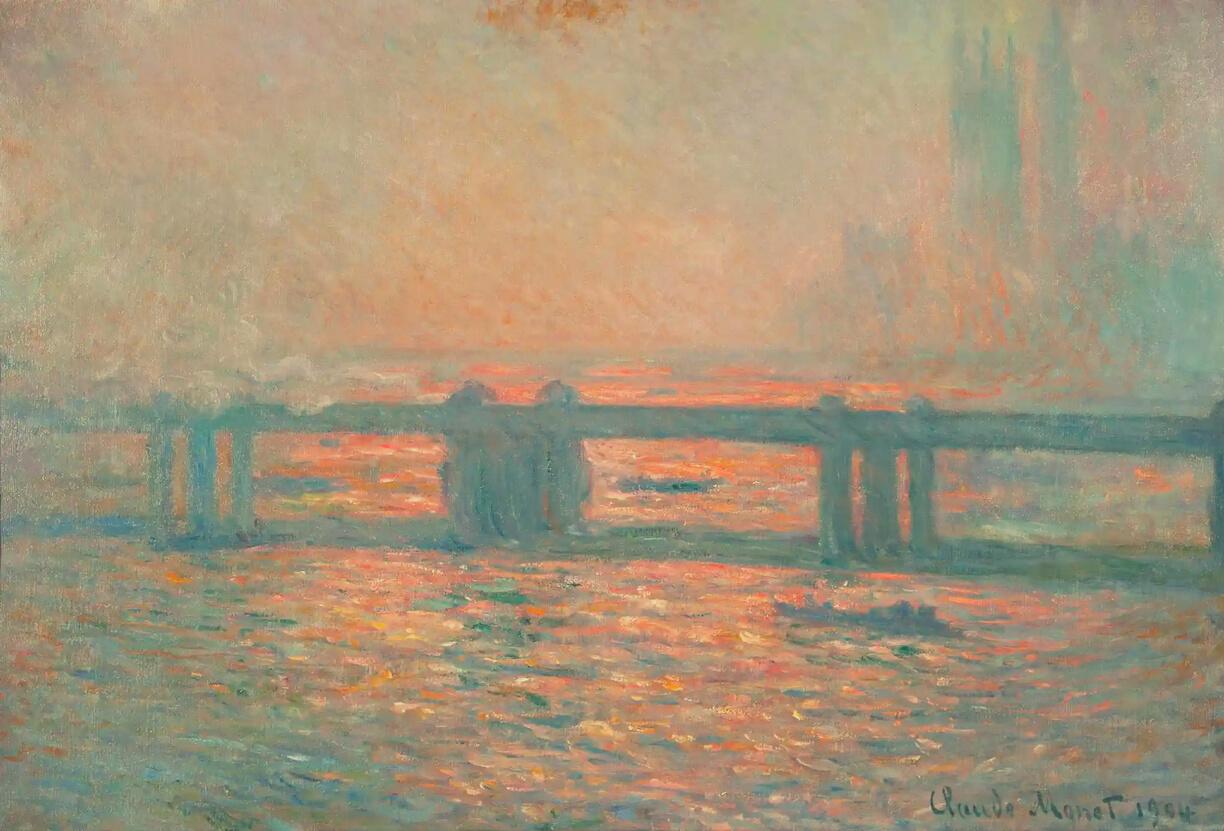

PHIL 2100: APPLIED ETHICS
DR. JASON GRAY
PHIL 2100 provides a study of controversial social and moral problems such as abortion, euthanasia, capital punishment, and sexual morality Specific studies and themes determined by the instructor.
PHIL 2100: APPLIED ETHICS-MEDICAL ETHICS
DR. LUKE MANNINGThis is a course in ethical decision-making, focused on topics most relevant to healthcare professions Ethical decision-making requires us to consider and weigh different considerations and perspectives, and each situation presents new complications. In this class, you will learn several major perspectives and principles for evaluating right and wrong, as well as philosophical tools for reasoning carefully about complex issues. You will also learn how ethical principles play out in common professional issues, such as informed consent, and confidentiality, and human research In addition, you will learn how to think through complex topics such as abortion and euthanasia, as well as issues of justice in healthcare relating to sex, gender, race, and disability.
PHIL 2030: LOGIC DR. LUKE MANNING
PHIL 2030 offers an introduction to formal methods for evaluating both deductive and inductive reasoning.
**Note: students can take PHIL 2030 in place of Math requirements.
PHIL 4970/6970: PHILOSOPHY OF ADDICTION
DR. JASON GRAY
Philosophy of Addiction takes an interdisciplinary approach in exploring questions surrounding addiction.
How should we understand addiction? Is addiction a disease? If so, in what sense? What differences exist in neurobiological, psychological, and philosophical views of addiction? What are the limits of addiction? Can shopping, working, video game playing, or other kinds of behaviors become addictions?
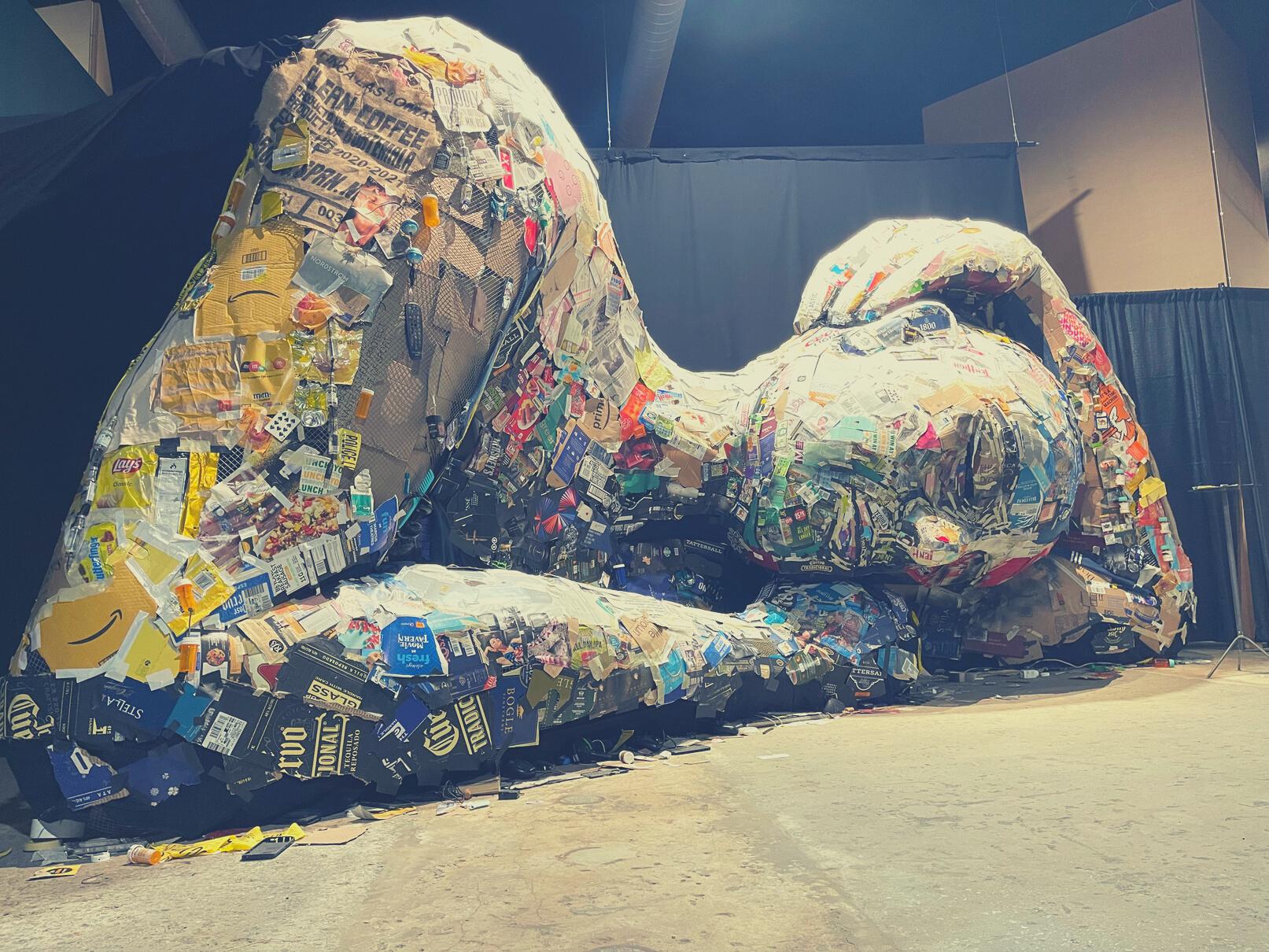
Why do former active addicts relapse and resume destructive behaviors. or substance use, after years of being free from addiction (knowing the consequences they likely face)?
Finally, we will read excerpts from two books written by former addicts to gain some idea of what it is like to be (i e to have the subjective conscious experience of) an addict